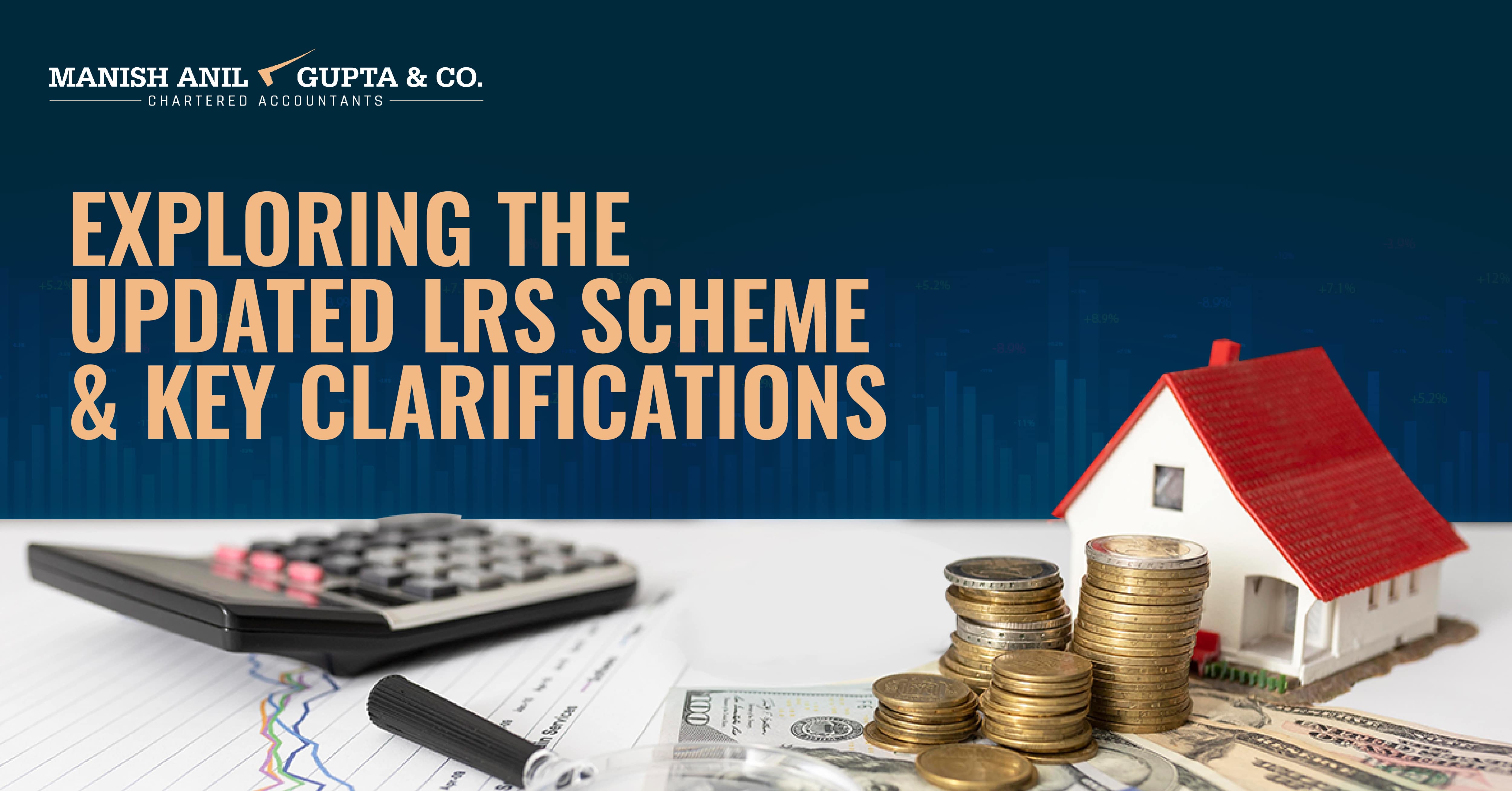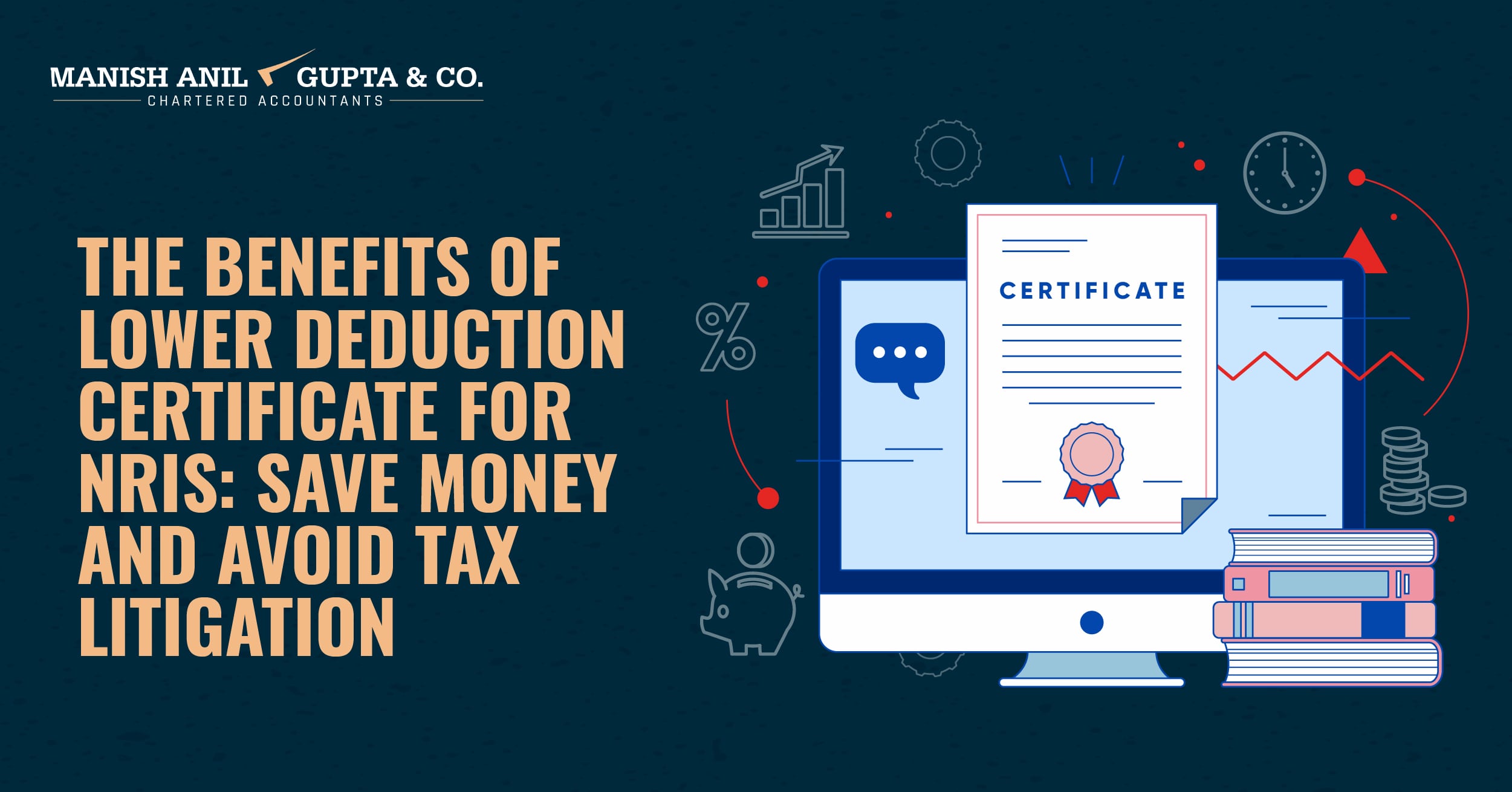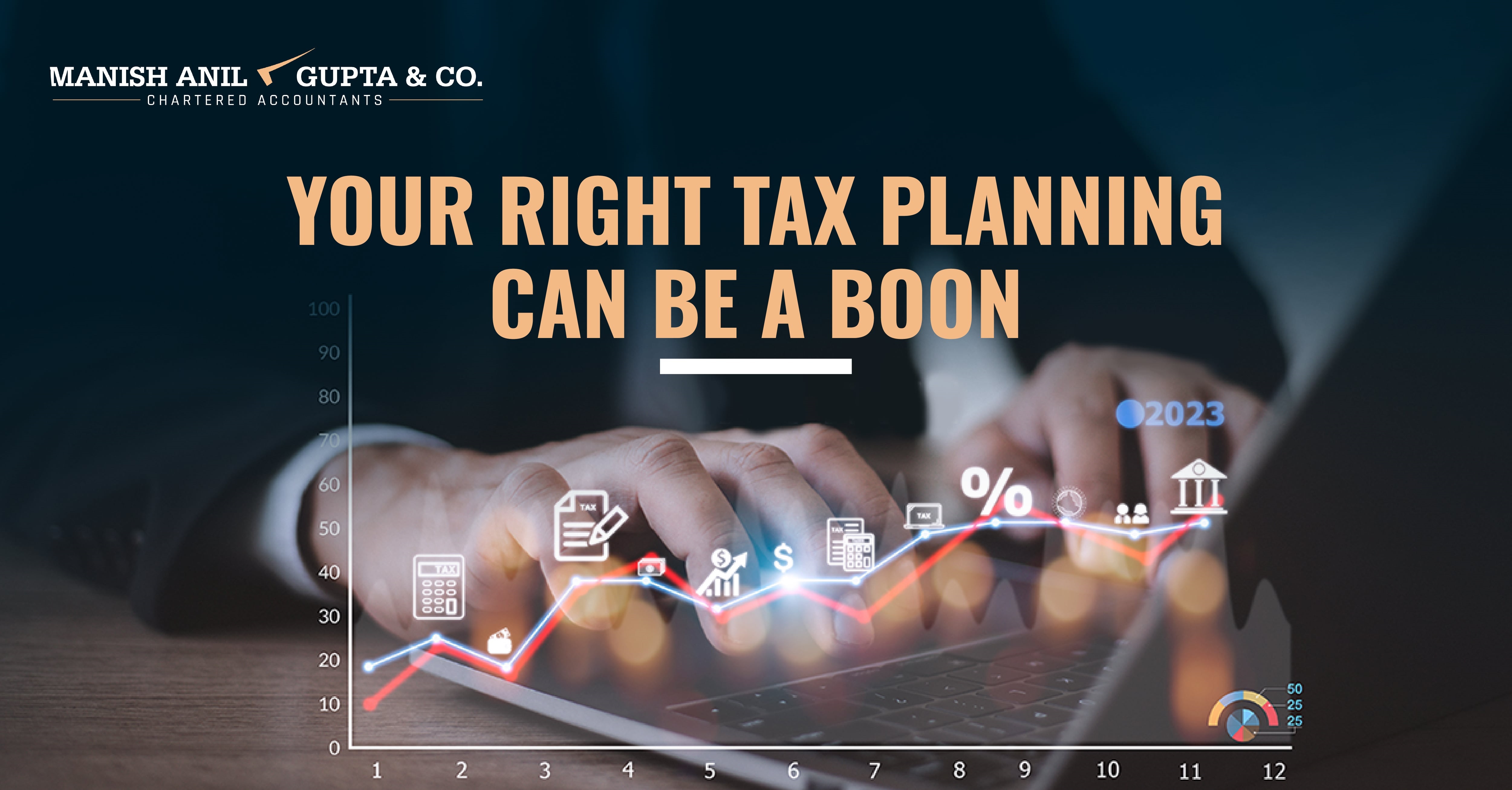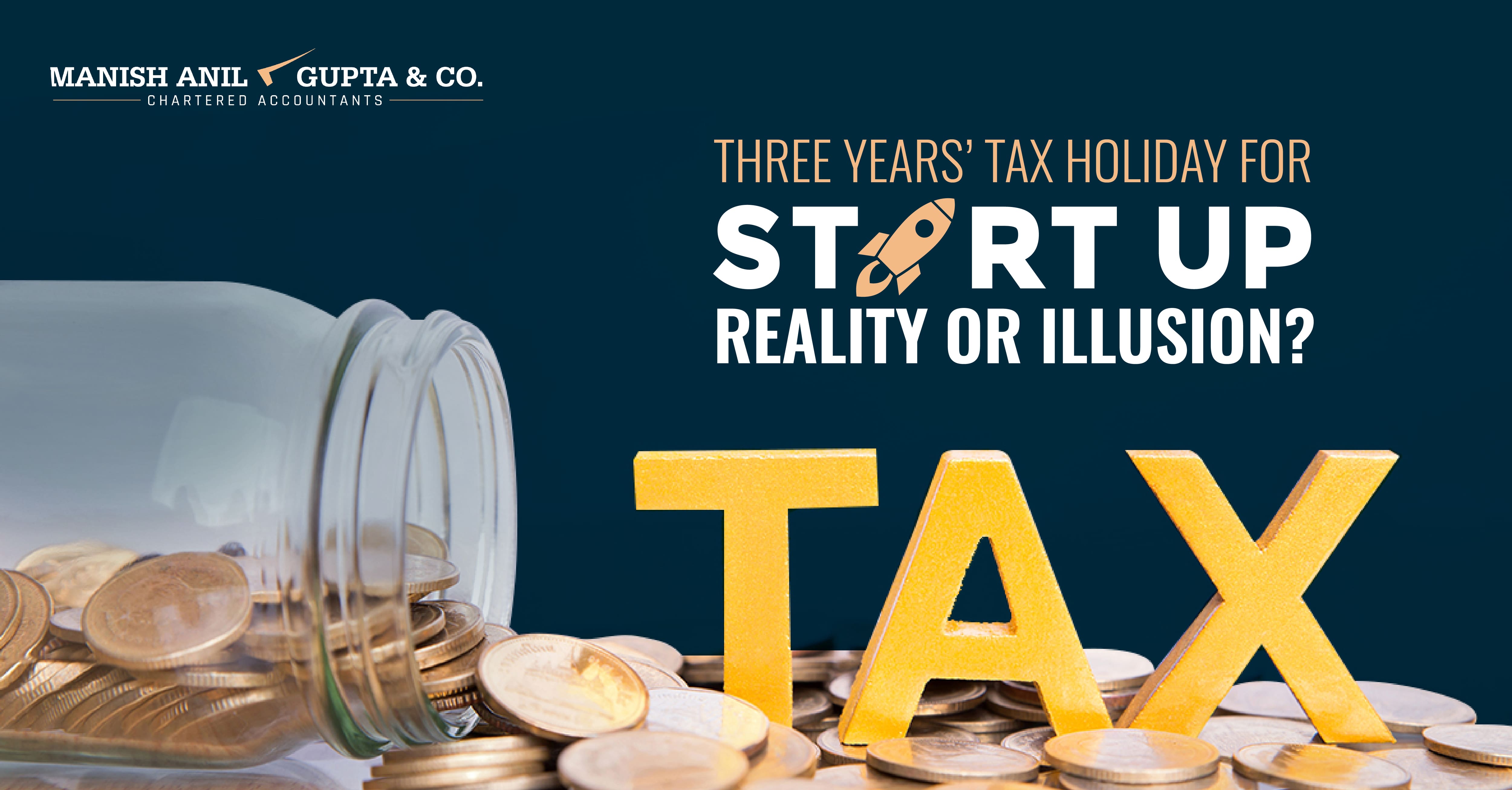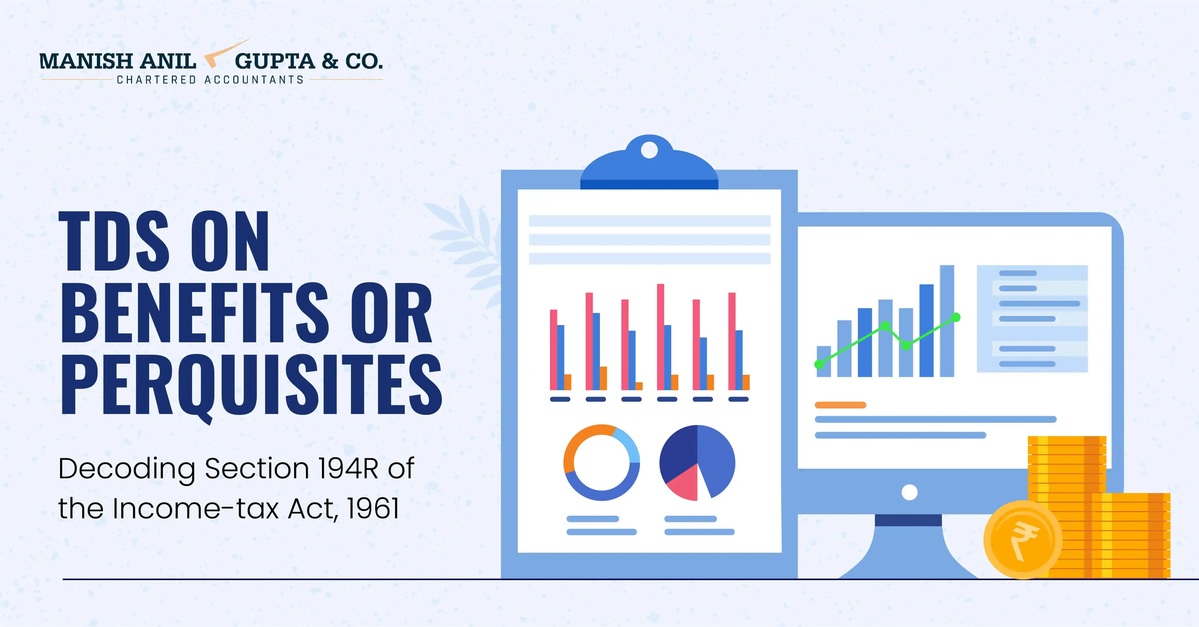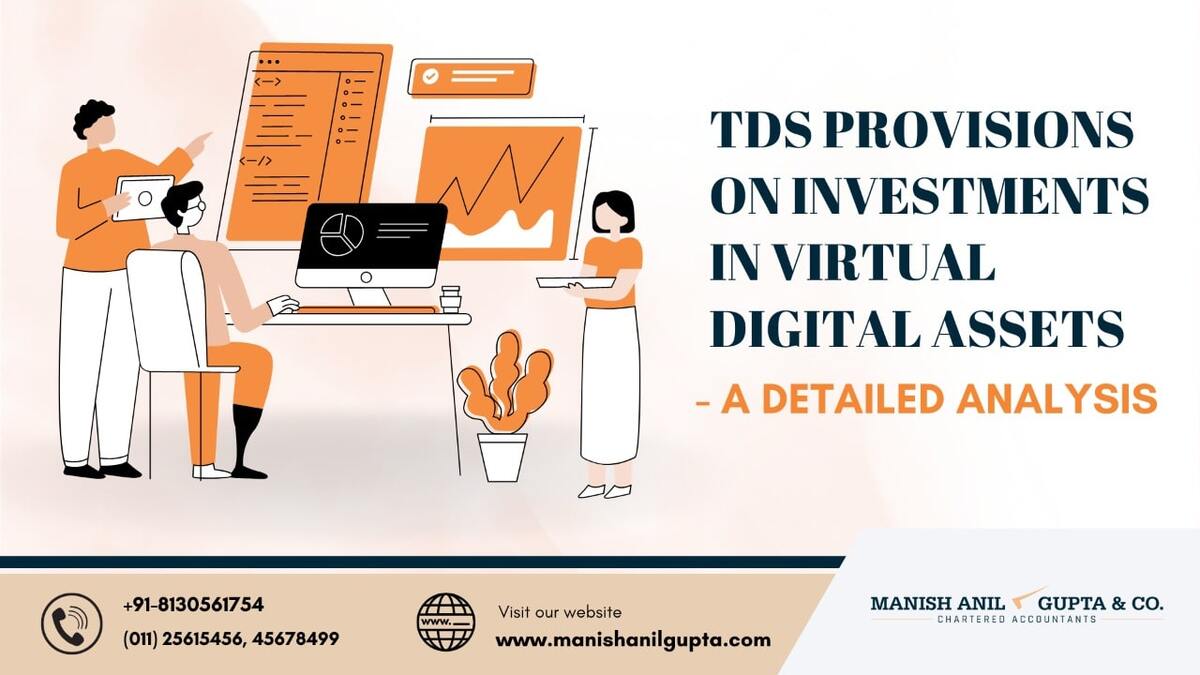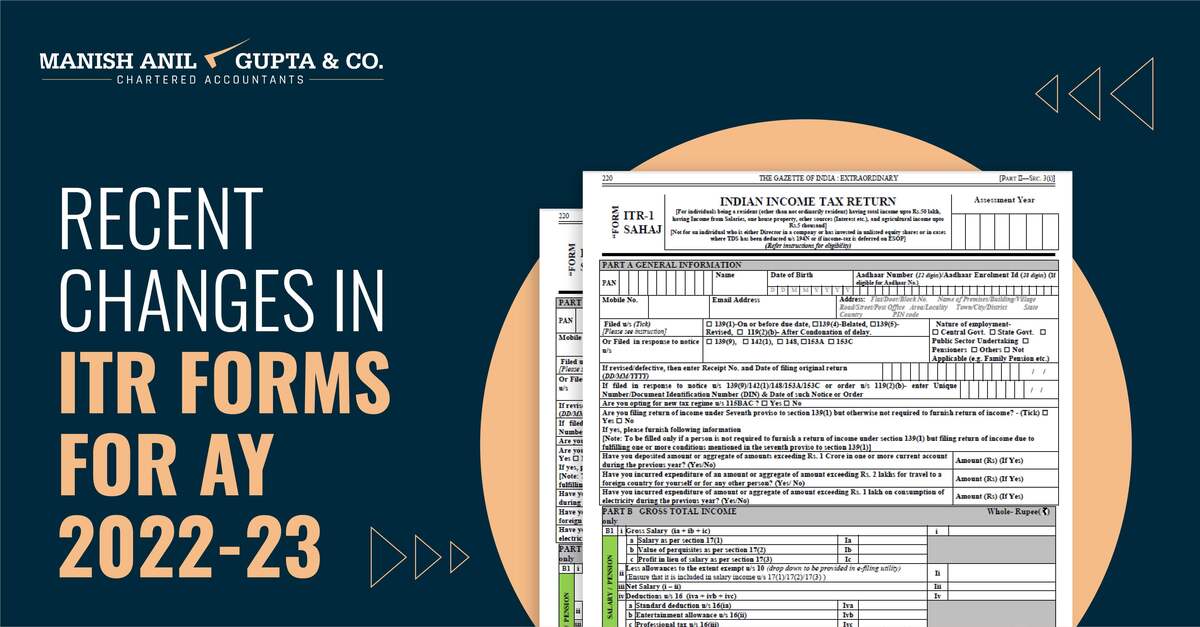Facing a bitter dispute, discourse, or litigation may be the most challenging times for the organisation. During these tough times, it is crucial to have reliable experts whom you can trust. MAG helps organisations represent a wide range of actions, lawsuits, examinations, and regulatory issues at every level during the assessment and appeal process. At MAG, being one of the
best Tax Litigation firms in Delhi, provide the
best tax litigation services in Delhi; our team contributes well technical and litigation support in legal proceedings before the concerned tax authority. We aim to assist individuals and businesses in responding to objections by concerned judicial authorities by effectively using our core skills, technical expertise and legal knowledge.
Our professionals diverge to provide the highest standards of skills and expertise based on experience and knowledge to accumulate, examine and evaluate evidence. Our team is uniquely poised to support clients who navigate disputes efficiently – wherever they may be.
Tax Litigation in India
The Indian Government has brought profound changes in its tax arrangements to promote
ease of doing business in India. Significant reforms may be used in e-assessments of cases and appeals before income tax authorities in tax litigation.
E-assessments aims to deliver better accountability and transparency in the area of tax litigations. Ease in tax compliance and digitisation by the Government is the continuous positive efforts that help various businesses perform efficiently. We have been in
Tax Litigation Services in India for many years and are known as the
best Tax consultant firm Delhi for providing the most exemplary support to achieve a possible result.
However, in India, litigation has been a compassionate issue for both new and existing businesses. It is multi-layer in nature and requires a lot of money and time consumption. Due to various pending lawsuits,
income tax cases may involve many years to reach a concluding decision at the Tribunal level end.
Tax litigation usually arises in the following areas:
- Matters relating to Sole proprietor and partnership
- Private Individual matters
- Charitable and non-profit organisations matters
- Tax issues on cross-border deals
- Transfer pricing matters
- Issues associated with the allowance and disallowance of exemptions/deductions
- Corporate Tax compliance matters
- Taxation of royalty, interest, and fees for technical services for non-residents
- Re-assessments/Income escaping assessment
- Black money, i.e. undisclosed foreign income and assets
- Penalty and prosecution
- Reviews related to search and seizure
- Tax Dispute resolution in India
Let us understand the assessments under the Indian income tax Act.
Assessment under Income Tax Act
A tax assessment is a procedure used to examine the Income disclosed by the taxpayer and the tax payable. India has a self-reporting tax system, and taxpayers must file tax returns each year. The Income Tax Act 1961 outlines the comprehensive Income Tax assessment procedure and also governs the:Solving conflicts emerging from assessments.
- Levy of penalties.
- Initiation of prosecution procedures.
- Civil tax disputes can occur concerning the judgements of the Assessing Officers (AOs) and Transfer Pricing Officers. Under the Income Tax Act, there are mainly following types of assessments:
- Summary assessments (section 143(1), Income Tax Act)
- Regular/Scrutiny assessments (section 143(3), Income Tax Act)
- Best judgment assessments (section 144, Income Tax Act)
- Re-assessment/Income escaping assessment for income that has not been assessed (section 147, Income Tax Act)
- Assessment under a search (section 153A and 153C, Income Tax Act)
Income Tax Litigation at MAG
We provide the following
Income Tax Litigation Services to free our clients from all department related distress:
- Developing tax litigation approach
- Income tax assessments
- Assisting in filing income tax appeals before CIT(A) & ITAT
- Handling complex issues in capital gain taxation
- Reply to all department notices and communications
- Preparing a strategy for fast disposition of cases
- NRI litigation support
- Appearing before Revenue / Appellate Authorities
- Assisting tax counsels for representation at different levels
- Corporate tax litigation
- Assisting in handling transfer pricing issues
- Prosecution cases
If you are wondering how to respond to E-proceeding or if you are caught up in any dispute and trying to find the
best tax litigation expert in Delhi,
MAG can help you overcome the problem and assist you in dealing with the tax departments. We are available at
info@manishanilgupta.com

Rahul Pareva
Director-International Taxation and Litigation, ACA
“Confidence Comes From Keeping The Promises You Made To Yourself.” .
View Profile
Discuss with expert
